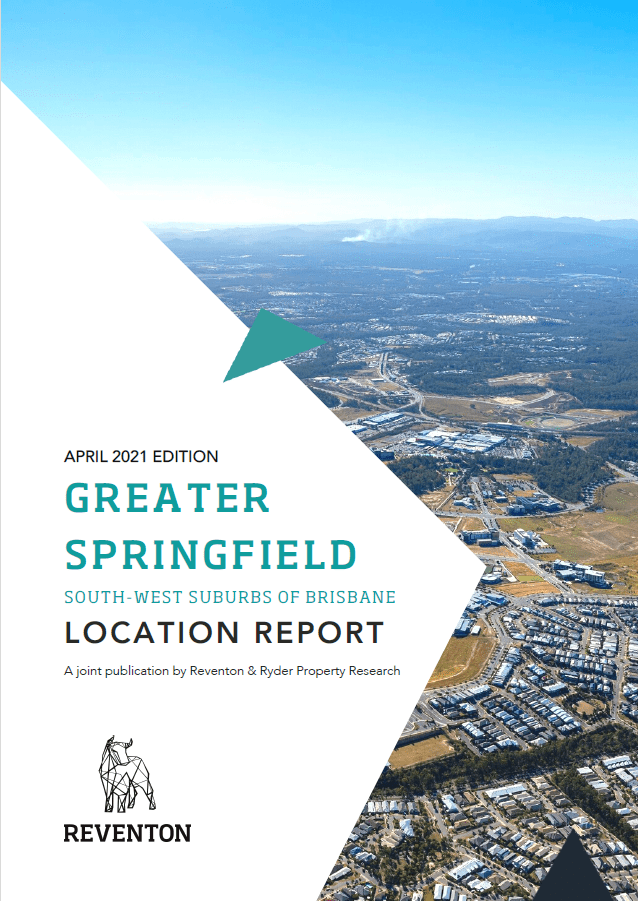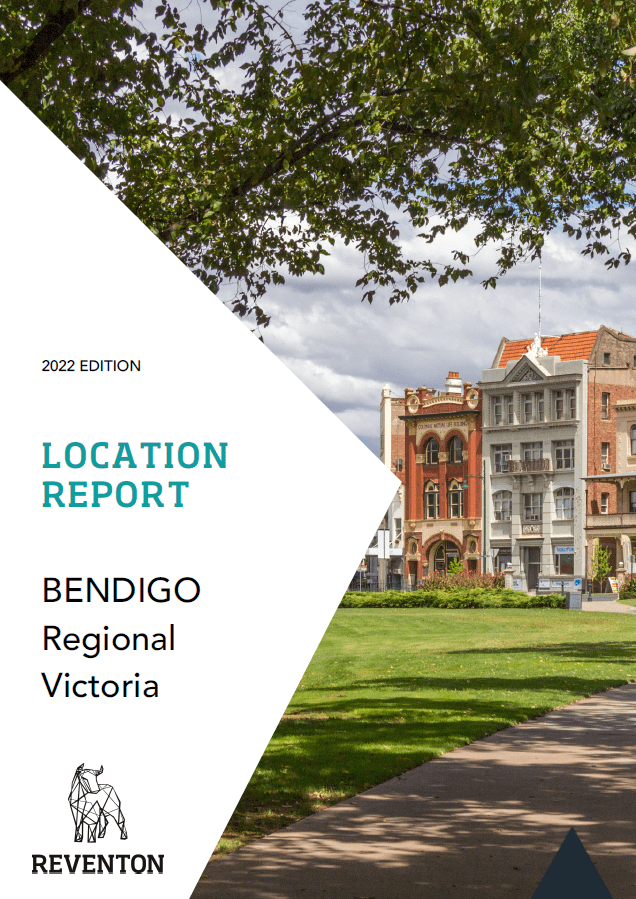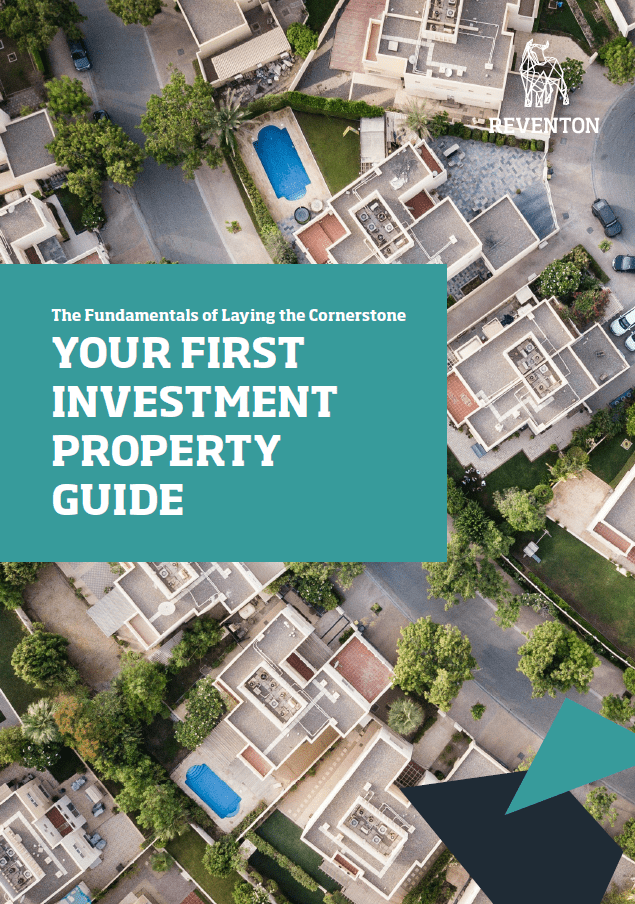New Year Resolutions for your Financial Health
A new year signifies a new beginning and with the majority of new year’s resolutions revolving around health, it’s easy to forget about your financial health. No matter what life stage you are at – be it student life, married life or retired life – you should be thinking about your finances. You might be saving up to buy a car, make a down payment on a house or to go a holiday. It’s always a good idea ro review your finances annually and there is no better time to start than now. We have shortlisted eight resolutions that you can make in 2021 (and beyond!) that will help you be financially fit and build your wealth.
1. Define your financial goals

Before you start making any resolutions, the first thing to do is to identify and clearly define what your financial goals are. Your goals should be measurable, have a deadline and most of all be achievable. For example, rather than just saying that your goal is to be a millionaire, you would be better off defining it clearly like owning a million dollar property portfolio in five years’ time.
2. Make – and stick – to a household budget

It is vital to have a household budget, but it is even more important that you stick to it. There are lots of budgeting tools and apps available now that you can use to make a budget and keep a track of your expenses. Make a list of your incomes and expenses and ensure that you monitor the expenses on a weekly, fortnightly or monthly basis. If you find that you have spent more than you budgeted for, find ways to save money elsewhere to make up for it.
3. Start saving

Once you have made a household budget, the next step is to ensure that you save a portion of your income that you aren’t spending. The easiest way to do this is by opening a separate savings accounts and transferring your savings to it whenever your salary is deposited to your bank account. Apart from this, resist the temptation to withdraw from your savings account unless it is necessary.
4. Pay off your debts

Once you have a household budget and a savings plan in place, the next step is trying to get rid of any credit card debt or personal loans that you may have so that you can save some extra money for that holiday, car or even for your house deposit. Credit card debt is the worst of the lot due to the high interest rates charged so pay that off first. Also, if you have a mortgage, speak to a mortgage broker who can help you consolidate your debt so that you are paying the lowest interest rate possible.
5. Learn about managing your finances and investing
Now that you have some savings building up, you need to start learning about managing your finances and investing your savings so that you can make your money work for you. Read books, listen to podcasts and follow relevant social media channels (Facebook, LinkedIn, Instagram and Twitter) like ours, so that you can learn and keep up to date with what is happening in the markets.
6. Find a side hustle
If you can, find a side hustle so that you can make some extra money. Find a weekend job, work as a freelancer or jump on to a platform like Uber or Airtasker to find odd jobs without the commitment. Invest this extra income or use it to cover any unplanned expenses.
7. Start investing

You can start investing from as little as $500 so the best time to start is now. If you have a few thousand dollars saved up and are unsure what do about it, seek out help from an investment advisor and get them to invest your money for you. Whether you invest in shares, bullion, bonds or property, it is important that your money starts working for you rather than just sitting in your bank account accruing very little interest.
8. Compare your providers
Make sure that you review your mortgage, credit card, energy, phone, gas and any other big-ticket providers. Shop around to see that you are getting a good deal. It is not necessary that your loyalty will be rewarded. In fact, loyal customers are often the ones that end up paying more for the same services. You could end up saving hundreds of dollars just by switching providers.
It is well known that before the month of January is even over, most new year resolutions have already been forgotten. So how can ensure that you stick to your financial resolutions? These habits could be the difference between you retiring wealthy versus just making ends meet.
First, write down any resolutions that you decide to make. Then, put them up where you are bound to see them every day – on the mirror, on your desk, on your bedside table or even your door. Seeing them written down will make them more real rather than something you decided to do in your head. And lastly, make sure you hold yourself accountable for following them. These resolutions aren’t just for the new year, these are the lifelong habits of successful people.



















